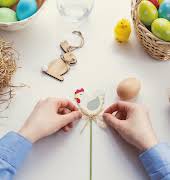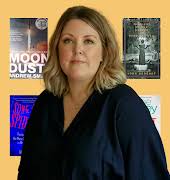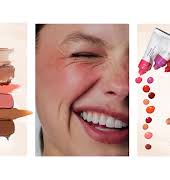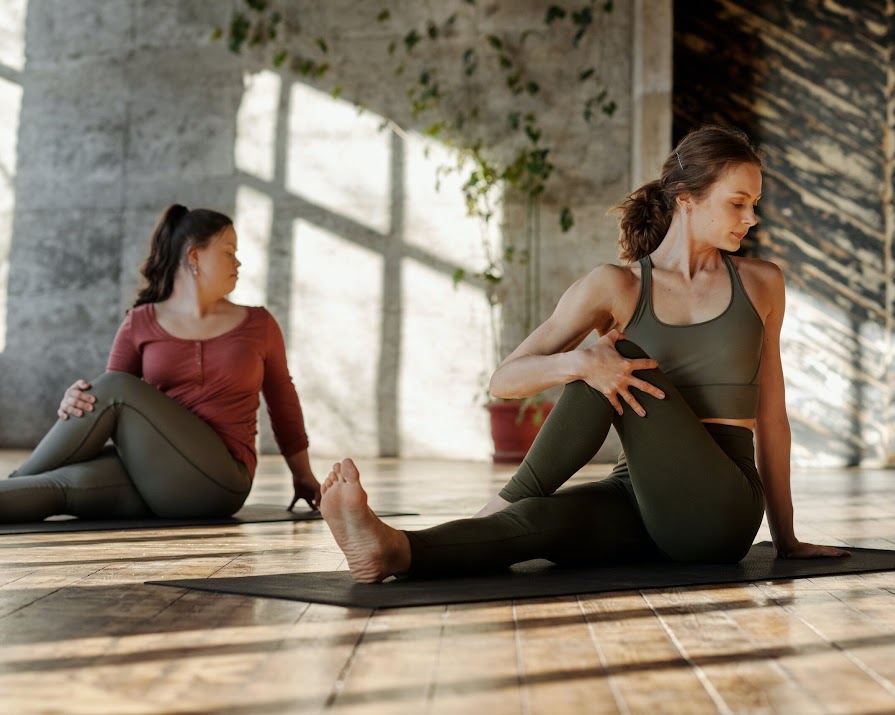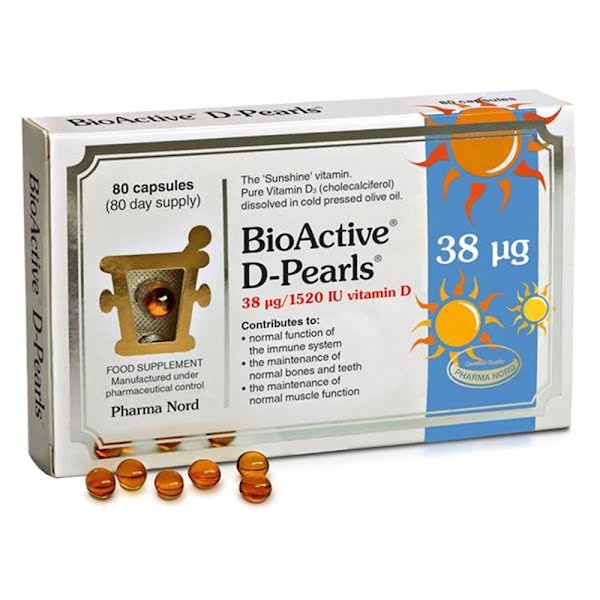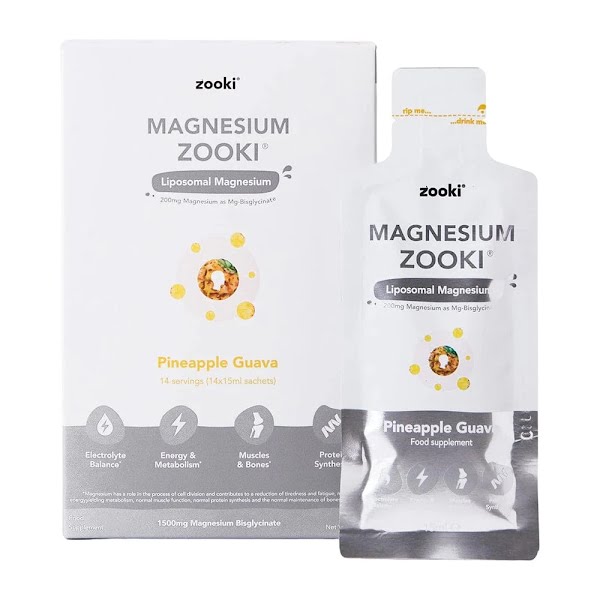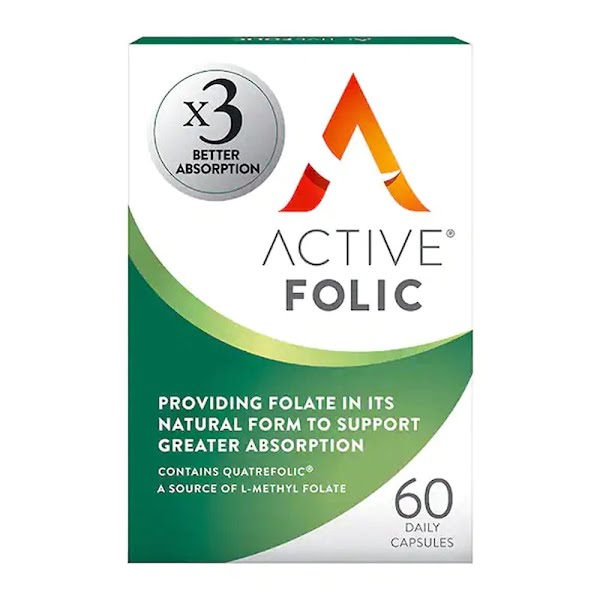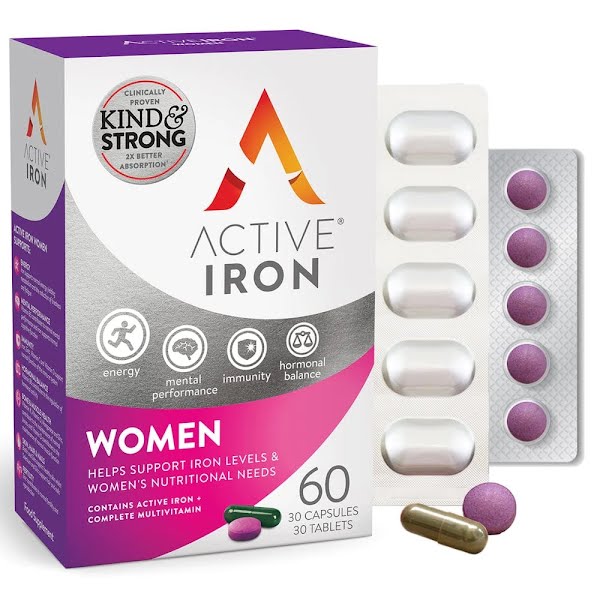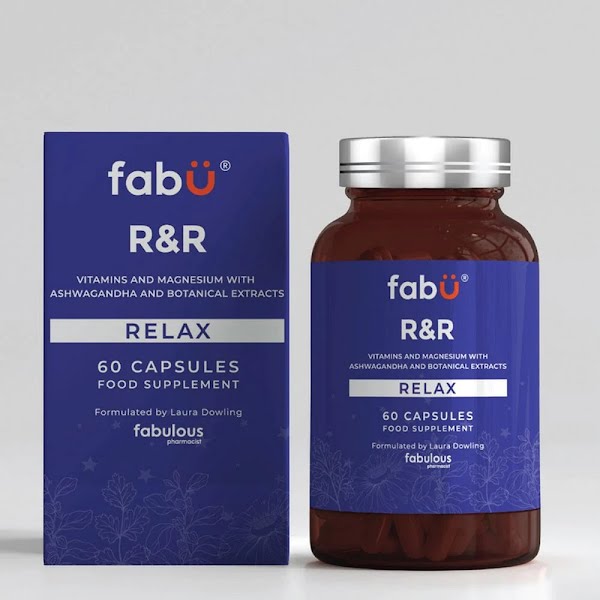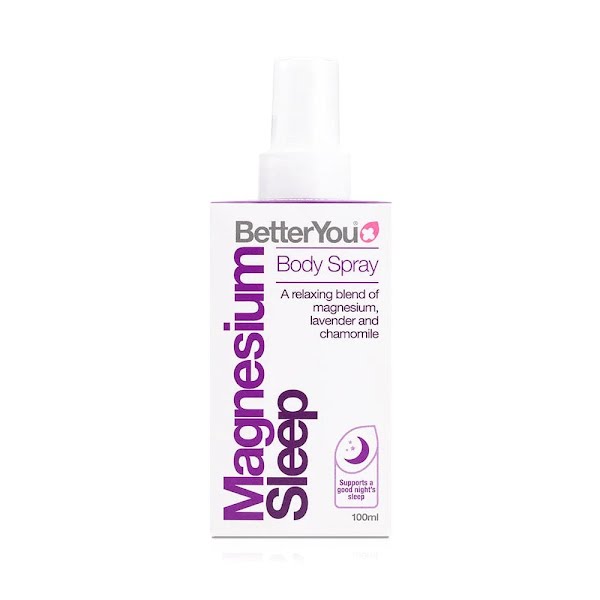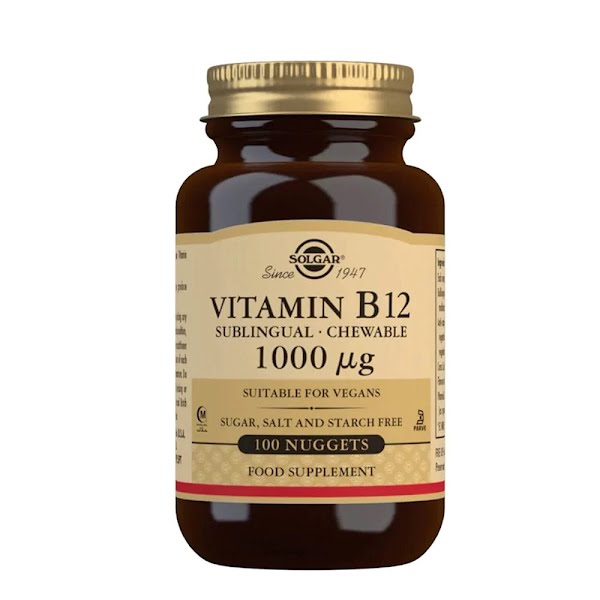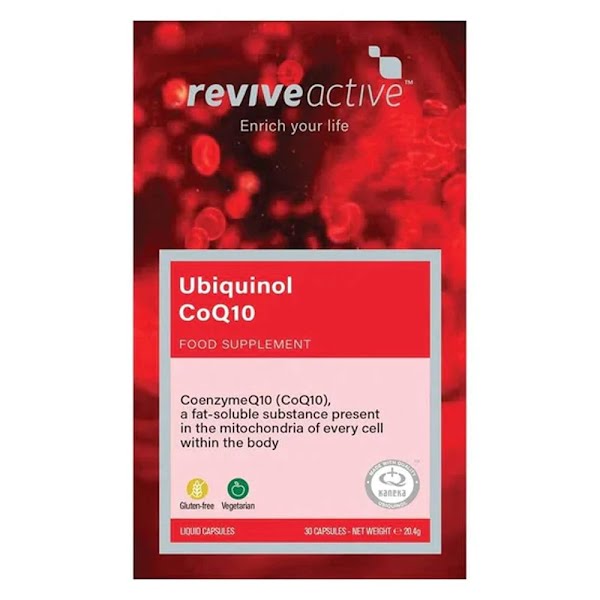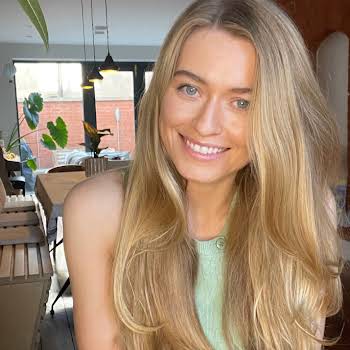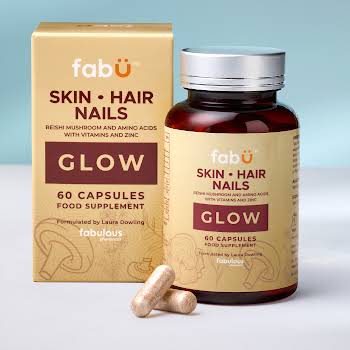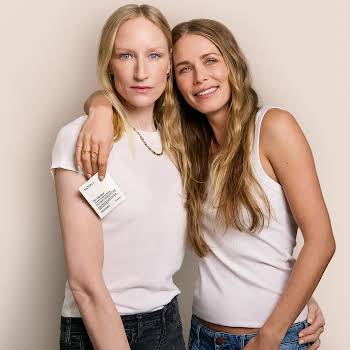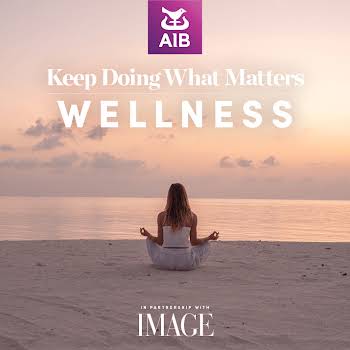
By Megan Burns
22nd Nov 2023
22nd Nov 2023
Sponsored By

We chat to pharmacist Oonagh O’Hagan about looking after your health, no matter what your age, plus enter for a chance to win a hamper of products suited to your stage of life.
When it comes to looking after your health, it can feel like there is a lot to consider. From advice to what we should be eating, to wondering if we’re getting enough sleep, it can feel tricky to keep on top of it all.
Plus, as women, our needs can change depending on which stage of life we’re at, adding another layer of complexity to the mix. That’s why we wanted to sit down with Oonagh O’Hagan, Owner and Managing Director of Meaghers pharmacy, she is a fountain of knowledge when it comes to all things health.
*Enter the Competition Now*
What are the main pillars we should be thinking about when it comes to our health?
I always say that health is like a jigsaw puzzle. It’s made up of different pieces, and if you’re missing one of those pieces, then the picture of your health is not fully complete. We often talk about the seven pillars of integrative health here at Meaghers, the first being nutrition. The second being, sleep, and the third being movement and exercise. The fourth is stress management. Another one is environmental factors – some of those you can control, and some you can’t.
A really important one to be aware of is the relationships you have in your life. This can be with your family, your friends, even those within your community. It’s probably one that we don’t spend enough time talking about. Some of the best global research on health has shown that actually the connections you have with people is one factor that actually keeps people living longer and living happier. And then finally, it’s your core values, and this can sometimes be seen as a spiritual piece. It’s knowing what really matters to you, your purpose in life, and prioritising that for yourself. This is about having an integrated approach, looking at the whole person and understanding how all these aspects are connected and matter.
What are some of the most important vitamins and minerals we need as women, and does this change throughout our lives?
Vitamin D, which we mainly get from sunlight, is probably one of the most important vitamins to supplement with because we live in the northern hemisphere and we’re not subjected to lots of natural sunlight for many months of the year. Vitamin D plays an important role in your immune health, but also muscle health and bone health and it’s essential for our mood as well. It’s particularly important around the menopause as oestrogen protects our bone health but with falling levels of oestrogen throughout our perimenopause and menopause journey, we are more at risk of developing osteoporosis. Vitamin D plays an important role in supporting strong bones. We can get some vitamin D from food sources including, oily fish, eggs and cheese, but, you would need to be eating a significant amount of those in order to get the adequate amounts, so taking a vitamin D supplement is an excellent idea.
Magnesium is another important nutrient for so many functions within our bodies. We see a lot of women deficient in magnesium and it plays a critical role in over 300 different processes in our body. It plays critical roles in supporting our sleep, reducing anxiety, muscles aches and pains, and is required for formulating some of the enzymes that we need to ensure that we release energy in our body.
Women of childbearing age should ensure their folic acid levels are optimal. A high percentage of pregnancies are unplanned, so it’s definitely a good idea to take folic acid at this age as it can reduce the risk of birth defects of the brain and spine.
Another nutrient of interest is iron, particularly for women during their menstruation years, or if you have heavy periods. Even when you go through perimenopause, a lot of women can actually have very heavy periods and lose a lot of blood and therefore a lot of iron. This can lead to chronic fatigue, and also can have an effect on your cognition. I always recommend that ladies get their iron levels checked because it’s something that is easily rectified and makes a massive difference to how they feel day to day.
When you’re navigating your menopause years, you definitely want to keep a better eye on your calcium and vitamin D levels to ensure your bones are healthy and strong. I’d always recommend ladies speak to their GP and get a referral for a DexaScan to understand the health of their bones. It is also important to know your blood pressure and cholesterol levels because we’re more at risk as we go through perimenopause and menopause to developing cardiovascular problems. So I always recommend to know your numbers – your blood pressure, and not only your total cholesterol, but your LDL and HDL cholesterol profile. I think we talk a lot about things like hot flashes and night sweats and changing periods, but we don’t talk about these silent effects of menopause.
How important is sleep to our overall health?
We release human growth hormone (HGH) from the pituitary gland when we sleep – this is essential for growth and repair of all our tissues. Your immune system also releases lots of cytokines which help fight infection and inflammation when we sleep and this is why we always recommend plenty of rest when you are sick or feeling unwell.
Your brain clears waste from the central nervous system. It removes toxins from the brain that build up throughout the day allowing your brain to function well as you wake. Sleep supports your memory, learning, creativity and concentration. If we don’t get enough sleep we wake up exhausted and struggle to be productive throughout the day.
So it’s really important for physical repair but also for your cognition, to help alleviate anxiety, and to help with your mood. You can feel very overwhelmed if you don’t get enough sleep.
If people are having difficulty with sleep, there are some supplements that can help. The first would be magnesium because it relaxes the body and the mind. A lot of women describe to me when they’re laying down in bed that their muscles are twitching, and that’s a good indication that you’re deficient in magnesium. But there’s many different salts of magnesium that have different properties. For sleep I like to recommend magnesium bisglycinate, as it’s much more readily absorbed than say magnesium oxide or magnesium citrate.
There are other supplements like L-theanine, an amino acid you can get in really high quality green tea, or in supplement form as well. Chamomile is good as well, and I also recommend ashwagandha which is an adaptogen that’s helpful if someone is finding it difficult falling asleep. The FabU R&R is a great blend of all these ingredients and taking two capsules an hour before bed can aid a very restful sleep.
In terms of exercise, what do you recommend to people?
I always say find what suits you, because it’s all about remaining consistent. We know exercise helps us manage our weight, which is important, particularly when we go through perimenopause and menopause when our bodies are changing, our hormone profile is changing, and as a result of that, we end up storing fat in places we wouldn’t have before. It also improves our brain health, our muscles and our bone health as well as our mood. So it is important for absolutely every aspect of your health.
It’s really important as we go through perimenopause and menopause when we’re dealing with falling levels of oestrogen which normally keep our bones strong, so it can be helpful to change your exercise regime as you go through your life, so maybe less cardio and more resistance training. You can use the resistance of your own body with exercise such as yoga and Pilates or alternatively you can lift weights.
Try to incorporate exercise into your daily routine at least three if not four times a week. You can mix it up, it could be dancing, it could be walking, but just as long as you’re using your muscles, and strengthening your bones. Even if it’s a day that you’re not going to do any kind of formal exercise, instead of getting the lift, run up the stairs, try and incorporate movement into what you’re doing day to day.
Are there any supplements you’d recommend then for people who feel they need to boost their energy?
VItamin B12 is definitely one that I would always suggest people get their levels checked because a lot of people actually can’t absorb B12 well from their diet, especially people who have any kind of gastric problems that they may not even be aware of or have pernicious anaemia which can lead to chronic fatigue.
The other supplement I tend to recommend for energy is CoQ10 so that’s a really powerful antioxidant contained within the cells in our body but it depletes with age. You need CoQ10 in order to make ATP, which is the source of energy in our cells. You can get this on it’s own or combined in a multivitamin blend such as Revive Active.
A lot of women would describe to me that they’re eating well, they’re sleeping well, they’re exercising – they seem to be doing everything but they’re still lacking in energy. And very often when you peel it all back, it could simply be that they don’t have a healthy gut and therefore are not getting the best from their nutrition. So I often recommend ladies to look at gut health and specifically look at their microbiome. It might be the case that you just don’t have optimal levels of good bacteria in your gut to help support the digestion of your food, preventing the absorption of the nutrients contained within. In that instance I often recommend Symprove which is water based food supplement that contains live and active bacteria to rebalance your microbiome within a 12 week period – 94 per cent of customers notice a difference within 12 weeks.
But your gut health is so much more than digestion. We know that your gut is connected to your brain via the vagus nerve so what goes on it your gut impacts how we feel. Also 70 per cent of our immune system resides in our gut, so your gut health supports a healthy immune system too.

Enter to win
To win a hamper suited to your stage of life, fill out the form below. One lucky winner will receive a one-to-one consultation with a Meaghers Pharmacist and Integrative Health Expert, who will chat to the winner and make some product and supplement recommendations for them based on what is most suitable for their individual needs. They will then send a hamper tailored to them.
Sorry, this competition is now closed and no longer receiving entries. Thank you.
Meaghers Pharmacy is a leading pharmacy with 9 Dublin-based locations and a thriving online store at meaghers.ie. Speak to the Meaghers teams today for best advice and support around health & wellness, skincare and beauty.


